…from Macbeth, spoken by Macbeth…
Tomorrow, and tomorrow, and tomorrow,
Creeps in this petty pace from day to day,
To the last syllable of recorded time;
And all our yesterdays have lighted fools
The way to dusty death. Out, out, brief candle!
Life’s but a walking shadow, a poor player,
That struts and frets his hour upon the stage,
And then is heard no more. It is a tale
Told by an idiot, full of sound and fury,
Signifying nothing.
This… This is what I (and my class) memorized in English class my senior year, and I can still recite, with one caveat. I’d totally forgotten “To the last syllable of recorded time,” and have never missed it from my recitation. Ironic, since recording time is a vital part of a writer’s purpose.
They call it “the Scottish play” in the theater because saying “Macbeth” brings bad luck unless you’re rehearsing lines. There are stories a’plenty surrounding this superstition, and it’s definitely worth a fun Google. One of my favorite quotes from this passage includes the lines from which William Faulkner got the title for his novel The Sound and the Fury. I’ve disclosed before that I don’t read Faulkner novels. They give me headaches. But I love the synopses and the themes and everything I read about them, so as a college English major and English graduate student, I was saved so many times by Cliff’s Notes of Faulkner’s novels.
Here’s how I first learned about Cliff’s Notes. My sister was a senior in high school when she read Macbeth. Though, like me, she’s an avid reader, and we always read books beyond our “age group,” this was not a good experience for her. So she bought this.
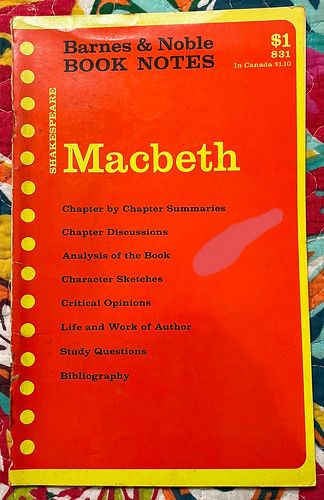
Barnes & Noble “Book Notes,” friends, and that shows how long B&N has been important in some way in my life, because I was twelve going on thirteen when I picked this up and read it cover to cover, utterly mesmerized by the story.
Though I have TAUGHT Shakespeare, I’m going to admit freely that just as with Faulkner, I never hesitated to buy study notes for the plays. Guides aren’t meant to replace the text, but I’d rather see Shakespeare performed than read his plays. I perfectly understood my college freshmen who bought such guides. People spend their entire lives studying Shakespeare and writing literary criticism, and these were kids trying to navigate their first year of college, probably none of them English majors, who had four or more other classes loading them down, too. I just warned them to be careful not to count on the guides’ accuracy for writing papers, because they do contain errors.
Side bar: Teachers.
Though Debby doesn’t remember the class with any fondness, because as she told me, it also included The Canterbury Tales and Beowulf, (“Were they trying to kill you?” I asked), there is a bright spot among her memories.
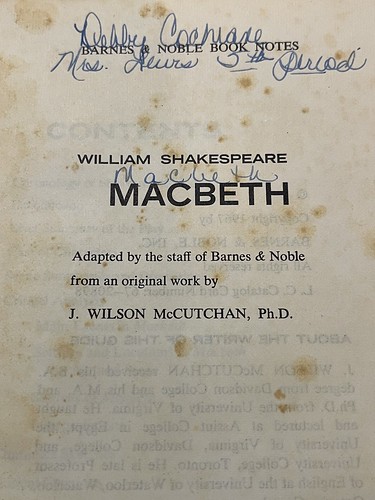
Mrs. Lewis, 5th Period, once did her a great kindness which it’s not my place to share. But teachers can be far more understanding than you realize as a teenager. Teaching high school was supposed to be my vocation, but it didn’t work out that way. Ultimately I found different fields for my skills. Few regrets. I did get some teaching in, even in the corporate world, and no work I’ve ever done was as necessary to my happiness and mental health as being a writer.
I was curious about what notes I might have made in my textbook when I was taught Macbeth in high school by a gifted and brilliant teacher, Mrs. Bryan. I thought I’d kept both my junior and senior textbooks from the two classes I took with her.

This is how I found out I’m wrong. I have my eighth grade text book (a subject for a later post about teachers and school), the green one, and my eleventh grade textbook, the blue one. (I didn’t steal them. I asked the assistant principal at my junior high school for the 8th grade text, and the principal at my high school for the 11th grade text. Permission was given. School administrators can also extend great kindnesses.)
I was so distressed not to have that book from my senior English class that I immediately found one on eBay and ordered it. It won’t contain my class notes, but it will give me a view of the other material I read and the illustrations that I enjoyed.

I still have plenty of Shakespeare on the shelf, including the complete works (a gift from my college roommate Debbie). Inside it are some pressed flowers, though my memory of who they came from is gone. Also notice to the left all that Chaucer. I may as well speak of Beowulf (tiny and tucked in between Chaucer and Shakespeare), since Debby brought it up as being part of her senior class misery. I didn’t study Beowulf until my sophomore year in college, in a huge survey class I was required to take. It didn’t do anything for me one way or the other.
Years later, as a graduate student about to take my Masters comps, someone told me, “Brush up on your Beowulf. There’s always a Beowulf question you can use to write an essay.” I think it was spring semester, a year after my father’s death. I was trying so hard to study and prepare, but my bottled-up grief was getting in the way. I hadn’t written, other than for classes, for years, and I finally put everything else aside to compose a poem about my father. I worked for hours to write, edit, rewrite, polish, until I was satisfied with it. Then I reread Beowulf and it was so profoundly moving, so poignant, that I still remember lines from it. I never saw that coming! Sometimes you just need to be in a certain place emotionally, or mature enough, to appreciate a work of art that might not have affected you when you first encountered it.
Study guides like Cliff’s Notes can be a gateway to literature, though I doubt they can ever have the power of the work itself. But to immerse yourself in any story, to find agency and enlightenment and connection, is a gift well understood by those who would ban books. Those are three of the things they most fear as threats to their power: individual agency, enlightenment, and connection. They will go after schools and teachers, libraries and librarians, any institutions that defy them, and any groups they can target with all manner of lies to incite fear, even panic, to protect–not “the children”–but their love of power and lust for wealth.
Be mindful who you believe.
 So far this week, I’ve watched this DVD I bought sometime last year, the reboot of Sex and The City, ten episodes total. The second season of this starts streaming tomorrow, I think, though I don’t have whatever it streams on, as far as I know. I’d rather wait until the next DVD drops. Waiting between episodes of something usually means I forget about it.
So far this week, I’ve watched this DVD I bought sometime last year, the reboot of Sex and The City, ten episodes total. The second season of this starts streaming tomorrow, I think, though I don’t have whatever it streams on, as far as I know. I’d rather wait until the next DVD drops. Waiting between episodes of something usually means I forget about it.
 I might have to wait a while to tackle this one, a 1971 offering from James Michener. It’s around 750 pages; that’s a lot of commitment. One of my characters needed something to read back in ’71, and I chose this for her. I figured I can’t know if it engages her unless I attempt it myself. (I know what I’m getting into, having read Michener in the past, though it’s been decades.) It was either this or one of the Russian writers, but the timing was good for this one, and I think the Russians might exhaust me. Will be reading this one in hardcover.
I might have to wait a while to tackle this one, a 1971 offering from James Michener. It’s around 750 pages; that’s a lot of commitment. One of my characters needed something to read back in ’71, and I chose this for her. I figured I can’t know if it engages her unless I attempt it myself. (I know what I’m getting into, having read Michener in the past, though it’s been decades.) It was either this or one of the Russian writers, but the timing was good for this one, and I think the Russians might exhaust me. Will be reading this one in hardcover.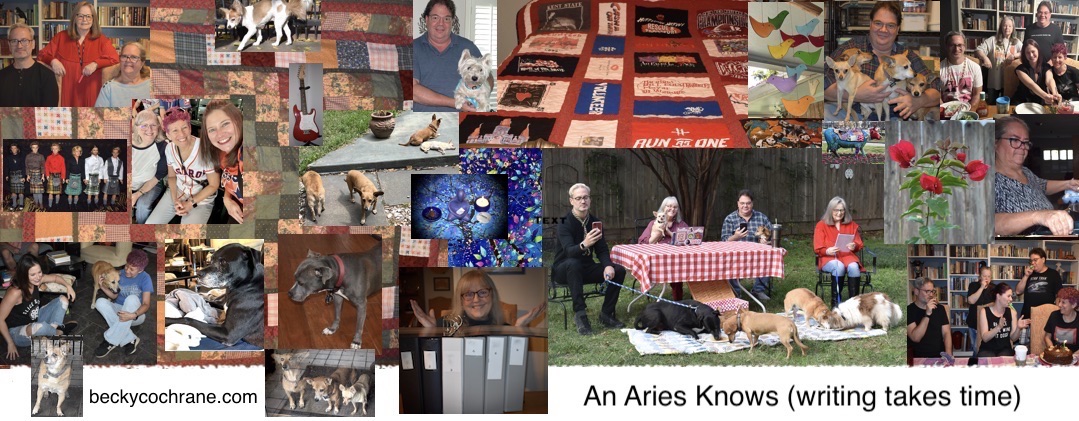


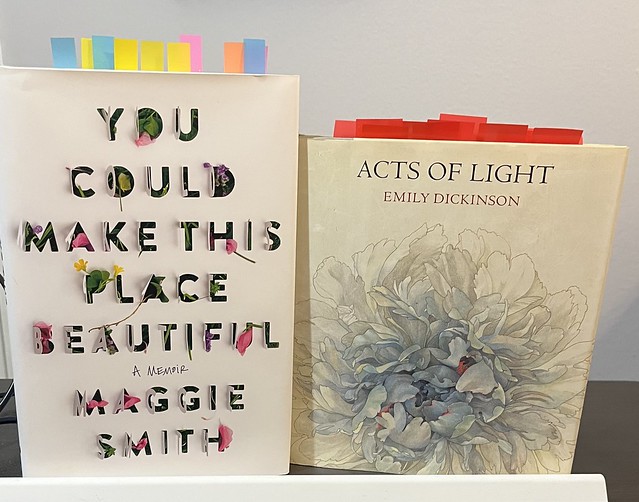
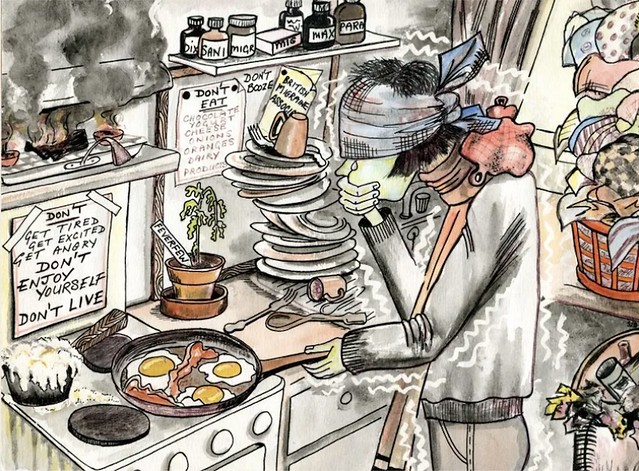





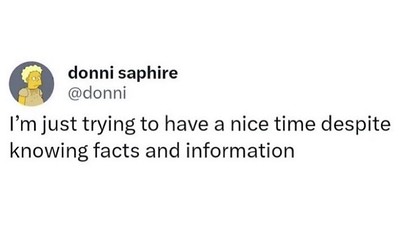
 I realized at some point that I didn’t read any books during April. Not sure how that happened, unless it’s from keeping my eyes from getting fatigued. Did receive a book for my birthday, and it’s next on the list. This also arrived yesterday, so I’ve indulged myself in reading a few of the poems I loved as a high school senior. I volunteered to give Debby a refresher course, but she declined. She said she’s engrossed by a series about shape shifters.
I realized at some point that I didn’t read any books during April. Not sure how that happened, unless it’s from keeping my eyes from getting fatigued. Did receive a book for my birthday, and it’s next on the list. This also arrived yesterday, so I’ve indulged myself in reading a few of the poems I loved as a high school senior. I volunteered to give Debby a refresher course, but she declined. She said she’s engrossed by a series about shape shifters.




